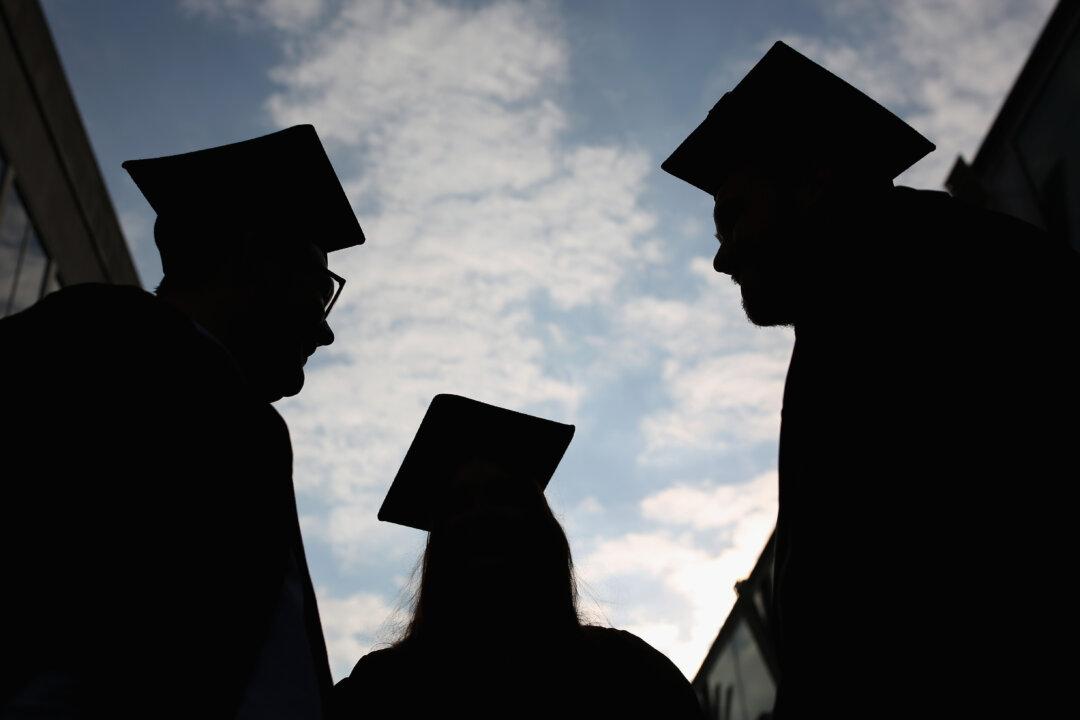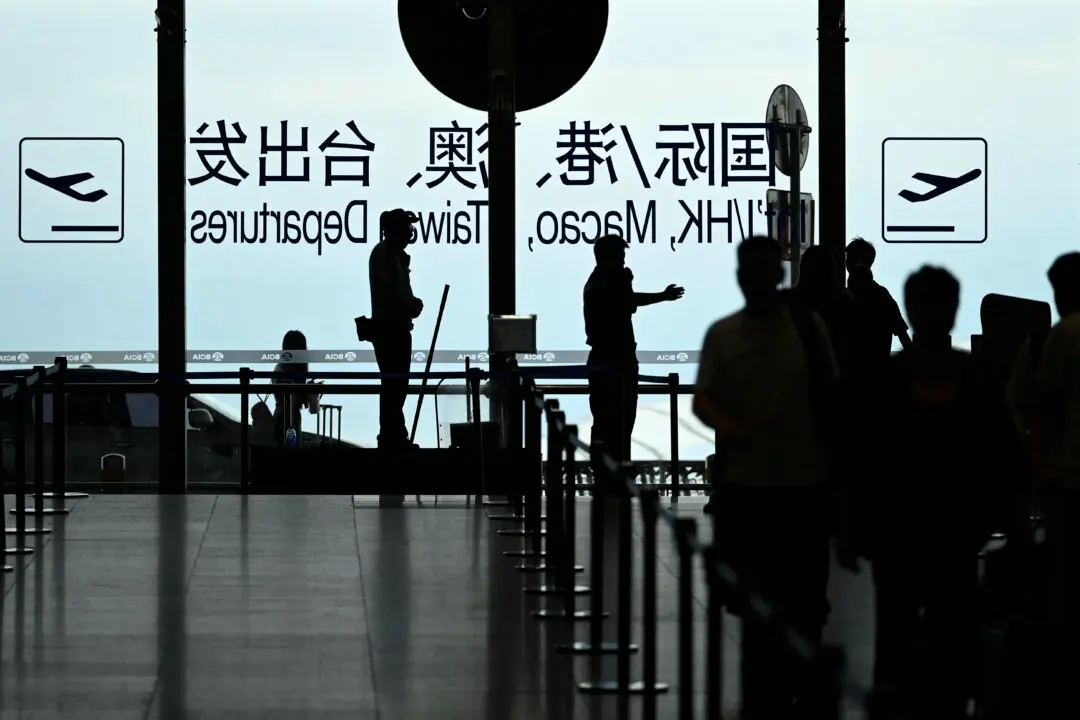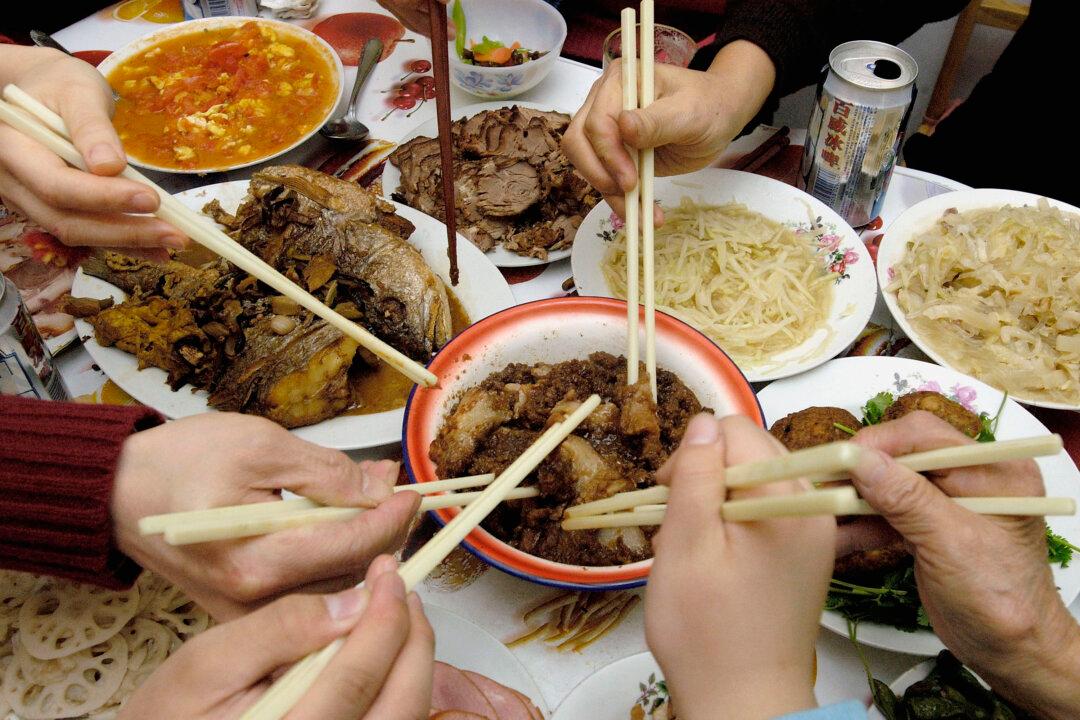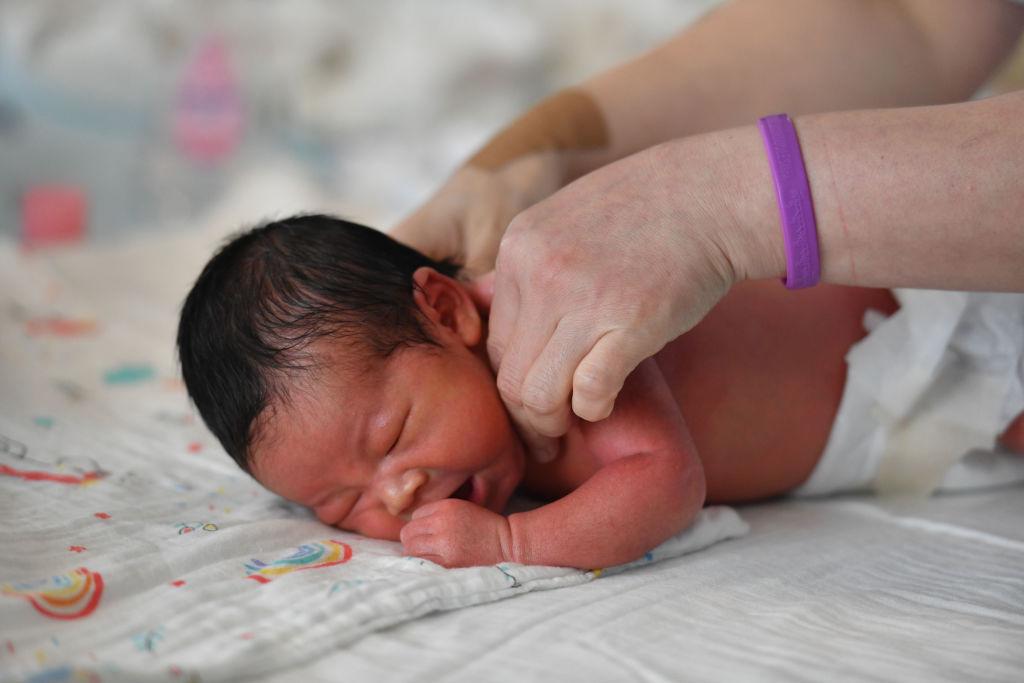Urgent clarification is needed on whether Chinese Students and Scholars Associations (CSSAs) across the UK are required to register their activities as foreign power-controlled entities, a report said.
The report, published by think tank Henry Jackson Society, said CSSAs, which are effectively controlled by the Chinese regime, has been able to avoid scrutiny by posing as normal student societies which are independent and self-governing.





